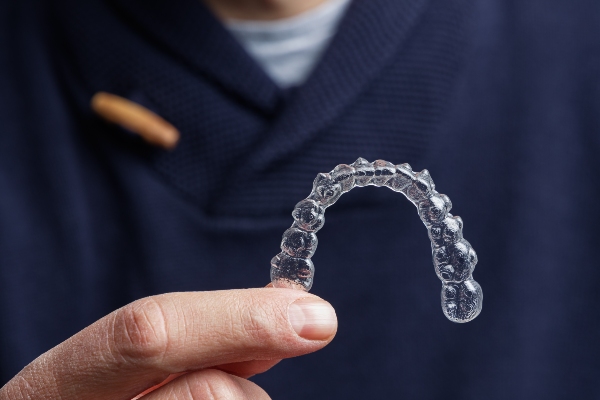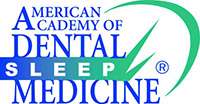How Can My Dentist Help with OSA Treatment?

OSA treatment is for anyone dealing with obstructive sleep apnea. OSA stands for obstructive sleep apnea, which is a serious health issue that can have a significant impact on a person's health. It leads to interruptions of a person's breathing during sleep due to their airways getting blocked. These interruptions lead to the person waking up momentarily as their body restores normal breathing. The more of these interruptions a patient has each night, the more severe their condition is, and the harder it is for them to get quality rest.
Sleep apnea typically leads to symptoms like:
- Headaches in the morning
- Feeling fatigued
- An inability to concentrate
- Mood swings
- Insomnia
Dealing with such symptoms on a regular basis can make it difficult to get through each day. The most common way to manage OSA is by using a continuous positive airway pressure (CPAP) mask. However, not all patients with sleep apnea are fond of this type of therapy. Complaints like skin irritation, dry airways, claustrophobia and the mask coming off during sleep are quite common. Many of these people can benefit by combining or alternating their treatment with the use of a dental appliance for sleep apnea.
When left untreated, sleep apnea can lead to serious health issues like heart disease, diabetes and high blood pressure.
OSA treatment with oral appliances
The oral devices used to treat sleep apnea work by keeping the wearer's jaw and tongue properly positioned while they sleep. Some get this done by keeping the person's jaw in a slightly forward and downward position, while others work by holding the tongue in place, preventing it from blocking the airways.
How a dentist helps with sleep apnea
Appliances used by dentists to deal with sleep apnea include a tongue-retaining device and a mandibular repositioning device. These devices are typically made out of acrylic, and they are worn in the mouth much like a mouthguard is. There are a few variations of these devices that can be worn around the chin and head.
Oral appliances are typically recommended if the patient only has mild to moderate sleep apnea. Patients who are considering getting one of these appliances should get a customized one from a dentist. This ensures a proper fit and reduces problems that can arise from wearing an oral appliance that does not fit properly, such as nausea, damage to the jaw and soreness.
The benefits of using an oral appliance to address sleep apnea include:
- Oral appliances do not dry out the airways like CPAP can
- There is usually no equipment the patient can tangle up or knock-off during sleep
- Oral appliances are a lot easier to travel with
We can help you manage sleep apnea
Anyone who has sleep apnea can benefit from an oral appliance even if they are already undergoing CPAP therapy. Contact our clinic today to learn more about how oral appliances help with the condition.
Request an appointment here: https://stonecanyondental.com or call Stone Canyon Dental at (972) 226-6655 for an appointment in our Sunnyvale office.
Check out what others are saying about our services on Yelp: Read our Yelp reviews.
Recent Posts
Getting a dental crown is a seamless procedure that is done in dental offices every day. There are various reasons to get a dental crown, which will play a role in how the process goes. For example, for those getting a crown to finish the tooth replacement process after an implant has been inserted, the…
If a patient suffers from misaligned teeth or a misaligned bite, Invisalign® clear aligners might be the solution they need to ensure their smiles stay bright – and straight! As one of the most trusted clear aligner systems will help straighten teeth and correct the bite without wires and brackets, meaning that patients can smile…
Your dentist may recommend a dental bridge if your case needs it. Every patient has a different set of needs. Proper assessment allows the dentist to suggest the right dental replacement. Here are the details on when a dental bridge may become your dentist’s recommendation.Dentists often encourage their patients to stop consuming tobacco. Following this…
When it comes to replacing missing teeth, dental bridges are a popular and reliable option that offers versatility by restoring one to four missing teeth in a row. Along with restoring a smile by replacing missing teeth, a dental bridge offers multiple benefits to one's oral health while addressing several issues simultaneously.Tooth loss can occur…







